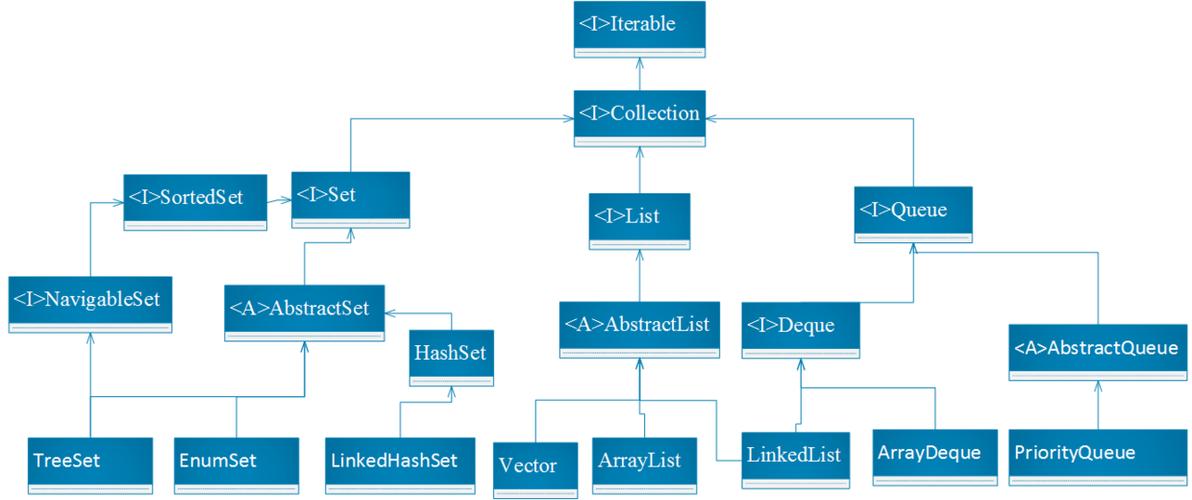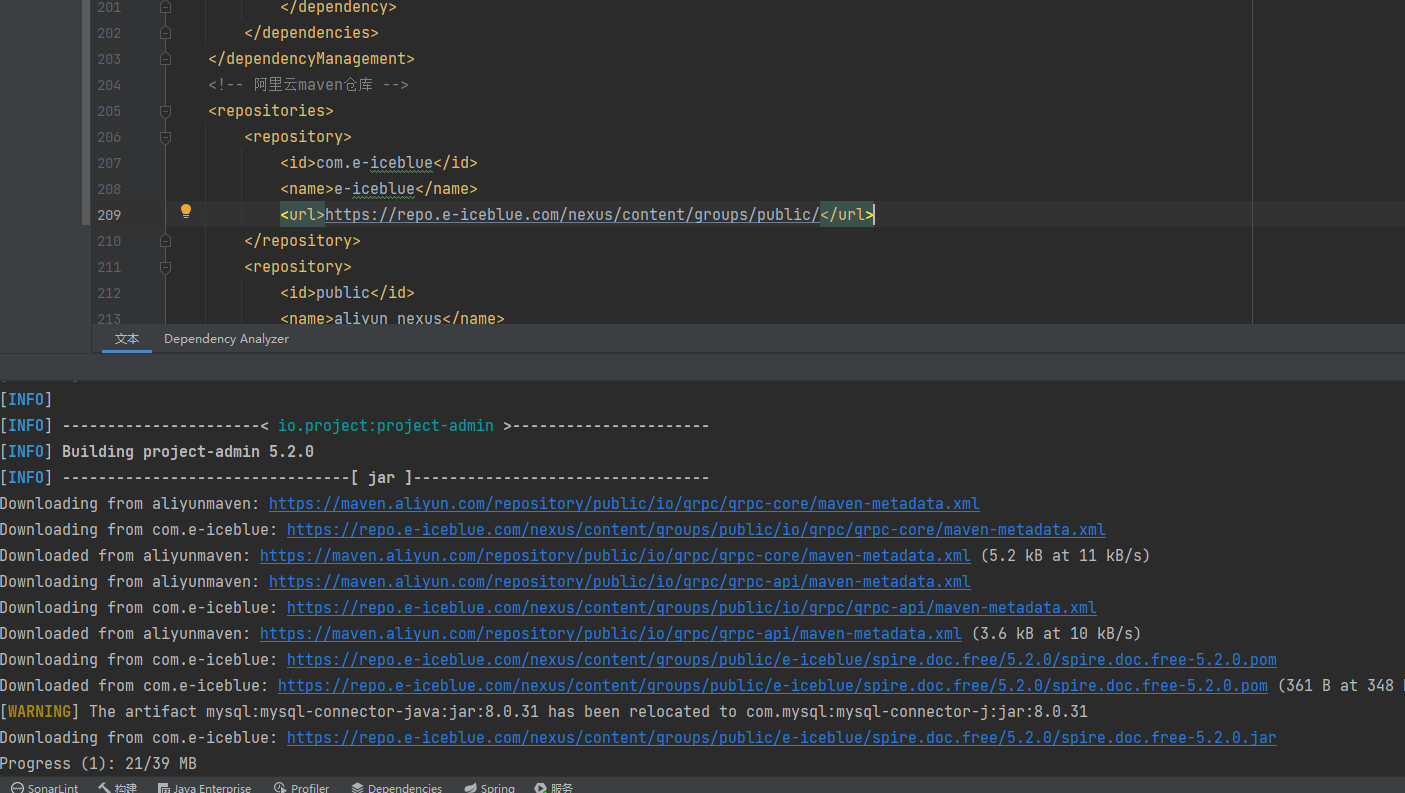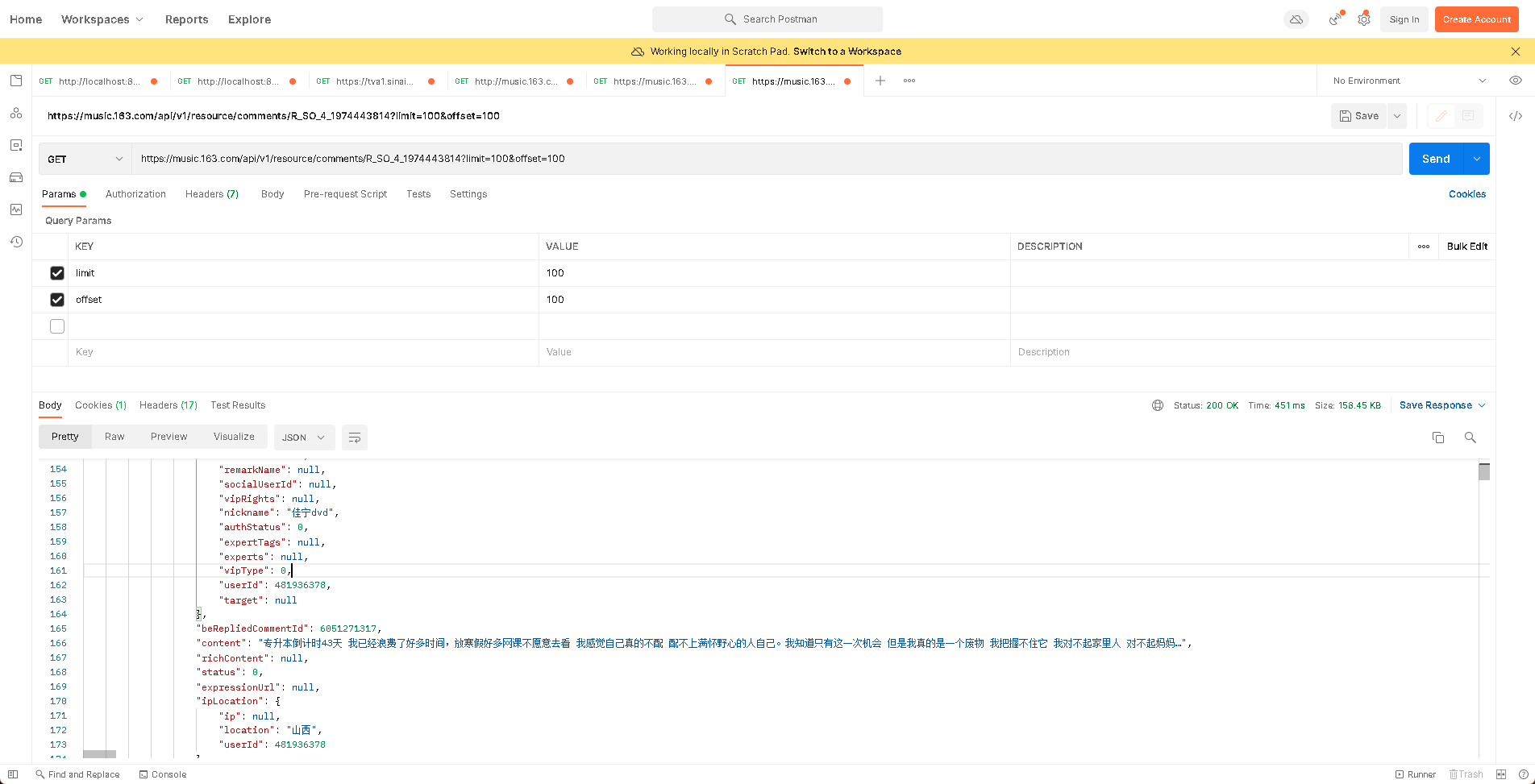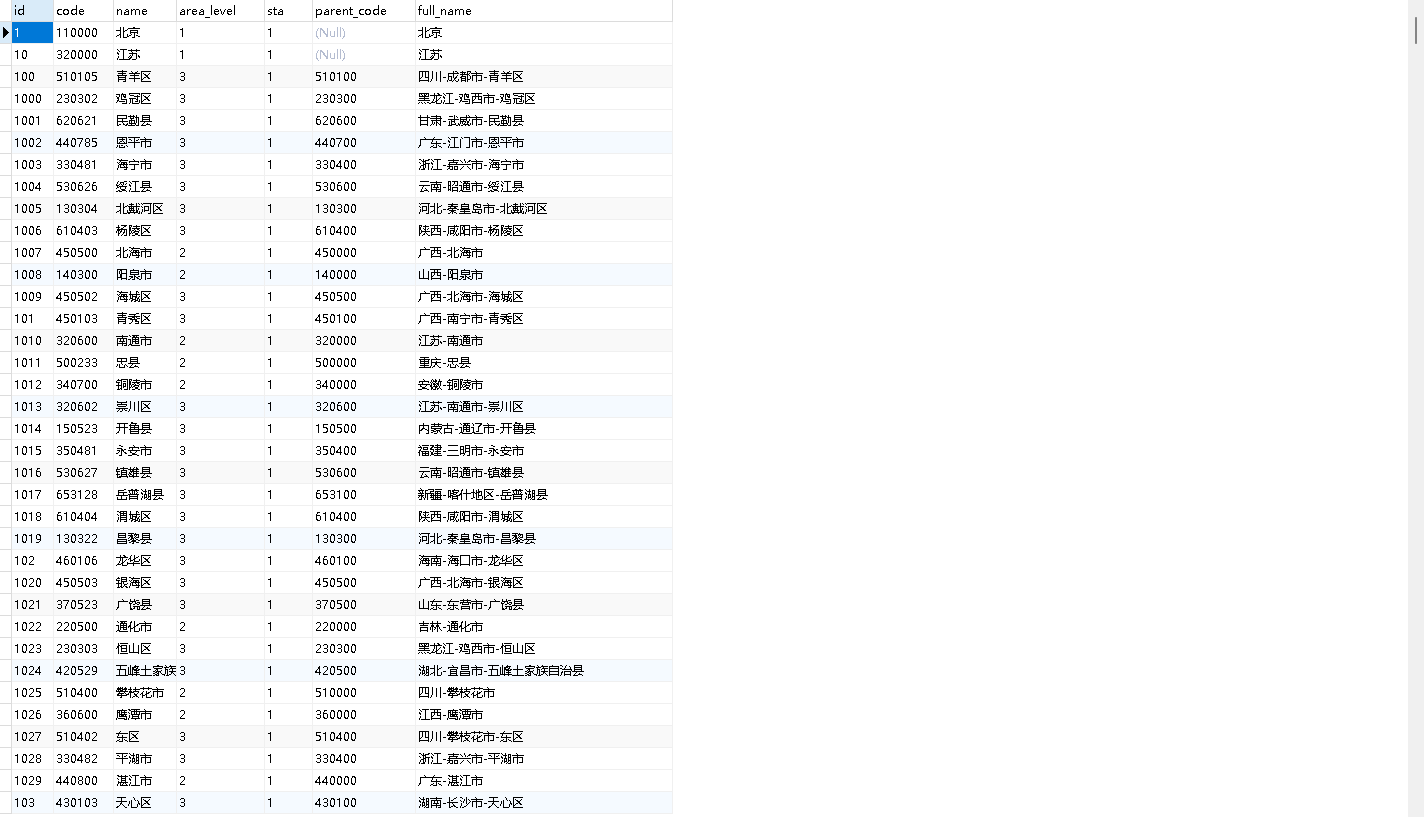后端开发中集合是经常会用到的类型。java原生的集合方法难以满足要求,commons-collections库和guava库扩充了集合的功能,帮助我们写出简洁优雅的代码。maven导入方式如下。
1
2
3
4
5
6
7
8
9
10
11
12
13
| <dependencies>
<dependency>
<groupId>com.google.guava</groupId>
<artifactId>guava</artifactId>
<version>30.1.1-jre</version>
</dependency>
<dependency>
<groupId>org.apache.commons</groupId>
<artifactId>commons-collections4</artifactId>
<version>4.3</version>
</dependency>
</dependencies>
|
本文将列举业务开发中List, Set, Map三大集合中常用的方法。
List
list初始化
原生方式
1
2
3
4
5
| List<String> monthList = new ArrayList<>();
monthList.add("January");
monthList.add("February");
monthList.add("March");
|
匿名类方式
1
2
3
4
5
6
7
8
| List<String> monthList = new ArrayList<String>() {
{
add("January");
add("February");
add("March");
}
};
|
数组转List方式
1
2
| List<String> monthList = new ArrayList<>(Arrays.asList("January", "February", "March"));
|
java9方式
1
2
| List<String> monthList = List.of("January", "February", "March");
|
guava方式
1
2
| List<String> monthList = Lists.newArrayList("January", "February", "March");
|
java stream方式
1
2
| List<String> monthList = Stream.of("January", "February", "March").collect(Collectors.toList());
|
不可变List
Collections.unmodifiableList方式
1
2
| List<String> monthList1 = Collections.unmodifiableList(monthList);
|
guava方式
1
2
3
4
5
6
7
| List<String> monthList1 = ImmutableList.<String>builder()
.add("January")
.add("February")
.add("March")
.build();
List<String> monthList2 = ImmutableList.of("January", "February", "March");
|
其他
判空
1
2
3
| System.out.println(CollectionUtils.isEmpty(monthList));
System.out.println(CollectionUtils.isNotEmpty(monthList));
|
指定容量
1
2
| List<String> monthList = Lists.newArrayListWithCapacity(100);
|
兼容null对象
1
2
| CollectionUtils.emptyIfNull(monthList).forEach(System.out::println);
|
Set
set初始化
原生方式
1
2
3
4
5
| Set<String> monthSet = new HashSet<>();
monthSet.add("January");
monthSet.add("February");
monthSet.add("March");
|
匿名类方式
1
2
3
4
5
6
7
8
| Set<String> monthSet = new HashSet<String>() {
{
add("January");
add("February");
add("March");
}
};
|
数组转Set方式
1
2
| Set<String> monthSet = new HashSet<>(Arrays.asList("January", "February", "March"));
|
java9方式
1
2
| Set<String> monthSet = Set.of("January", "February", "March");
|
guava方式
1
2
| Set<String> monthSet = Sets.newHashSet("January", "February", "March");
|
java stream方式
1
2
| Set<String> monthSet = Stream.of("January", "February", "March").collect(Collectors.toSet());
|
不可变Set
Collections.unmodifiableSet方式
1
2
| Set<String> monthSet1 = Collections.unmodifiableSet(monthSet);
|
guava方式
1
2
3
4
5
6
7
| Set<String> monthSet2 = ImmutableSet.<String>builder()
.add("January")
.add("February")
.add("March")
.build();
Set<String> monthSet3 = ImmutableSet.of("January", "February", "March");
|
其他
判空
1
2
3
| System.out.println(CollectionUtils.isEmpty(monthSet));
System.out.println(CollectionUtils.isNotEmpty(monthSet));
|
指定容量
1
2
| Set<String> monthSet = Sets.newHashSetWithExpectedSize(100);
|
兼容null对象
1
2
| CollectionUtils.emptyIfNull(monthSet).forEach(System.out::println);
|
Map
map初始化
原生方式
1
2
3
4
5
| Map<String, Integer> monthMap = new HashMap<String, Integer>();
monthMap1.put("January", 1);
monthMap1.put("February", 2);
monthMap1.put("March", 3);
|
匿名类方式
1
2
3
4
5
6
7
8
| Map<String, Integer> monthMap = new HashMap<String, Integer>() {
{
put("January", 1);
put("February", 2);
put("March", 3);
}
};
|
java9新特性
1
2
| Map<String, Integer> monthMap = Map.of("January", 1, "February", 2, "March", 3);
|
不可变map
Collections.unmodifiableMap
使用Collections.unmodifiableMap包装,转换为不可变map
1
2
| Map<String, Integer> monthMap1 = Collections.unmodifiableMap(monthMap);
|
guava方式
支持两种写法:builder方式和of方式。
1
2
3
4
5
6
7
8
9
10
| Map<String, Integer> monthMap1 = ImmutableMap.<String, Integer>builder()
.put("January", 1)
.put("February", 2)
.put("March", 3)
.build();
Map<String, Integer> monthMap2 = ImmutableMap.of(
"January", 1,
"February", 2,
"March", 3);
|
其他
判空
1
2
3
| System.out.println(MapUtils.isEmpty(monthMap));
System.out.println(MapUtils.isNotEmpty(monthMap));
|
指定容量
1
2
| Map<String, Integer> monthMap = Maps.newHashMapWithExpectedSize(100);
|
兼容null对象
1
2
| MapUtils.emptyIfNull(monthMap).forEach((key, value) -> System.out.println(key));
|










